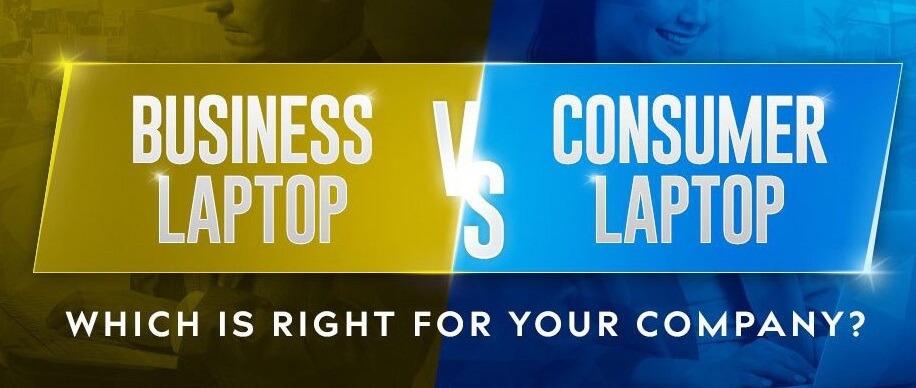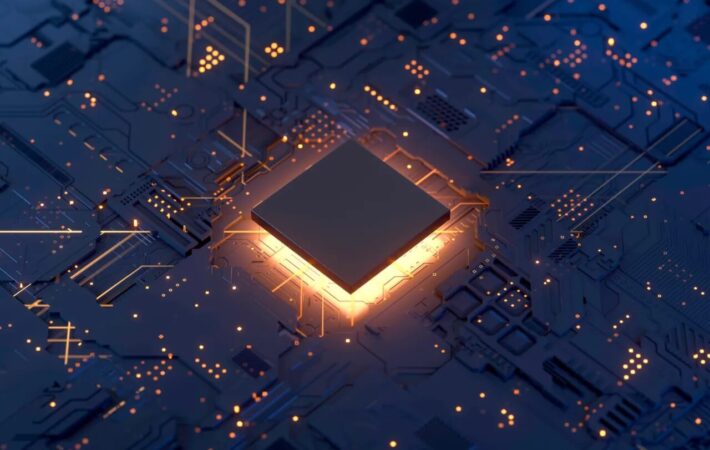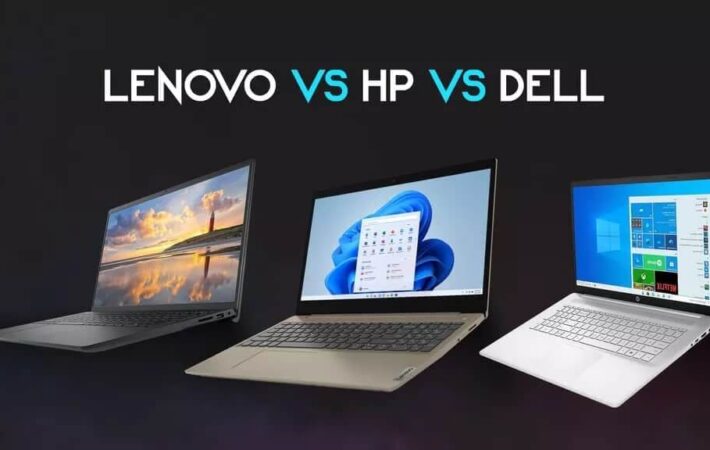While consumer portables are usually designed for style, business laptops frequently offer a tougher chassis, more configuration options and better usability.
A consumer laptop targets the average consumer who probably doesn’t do anything interesting or important with their laptop. If it isn’t working quite right, it doesn’t matter, the consumer would rather pay less for a device that they don’t use intensively.
A business laptop targets businesses. They are more expensive, but higher quality, more reliable, and more durable. Every hour wasted by an employee screwing with a cheap, unreliable laptop isn’t just a waste of time, it’s now a waste of money. Money to pay the employee, and possibly the IT gal. The extra reliability of a business laptop is worth it for the business, because in the end it saves money.
Cras commodo, libero vitae accumsan mollis, enim risus faucibus augue, quis ullamcorper velit est eu lorem.
Business vs. consumer laptops
Here are some of the primary differences between business laptops and consumer notebook computers:
1. Business laptops last longer.
When companies design consumer laptops, they assume buyers will want to upgrade frequently to stay on top of the latest trends. They also anticipate consumers are not as tough on their laptops as business users. Both ideas influence the way business and consumer laptops are built.
Business laptops are created for long-term, all-day usage. Because companies don’t want to constantly upgrade entire fleets of laptops, business designs don’t vary drastically from year to year. Consistent design makes it easier to maintain laptops over time, and features such as swappable batteries extend the overall life span of these devices.
Additionally, quality business machines are built to be durable: Many are resistant to water and dust, and built to withstand occasional drops and knocks. Consumer laptops are not intended to be used 40 hours a week for years on end.
2. Consumer laptops offer unique design features.
Business laptops have become more appealing, but there’s no denying that consumer laptops are much nicer to look at and handle than business computers.
Consumer laptops tend to have bright, glossy displays and keyboards. Historically, consumer laptops have offered more versatility thanks to roomy touchpads and 360-degree hinges.
While consumer laptops are flashier, business laptops are finally starting to catch up. You can buy business 2-in-1s – which include features from consumer laptops and tablets – from big names such as Dell and Lenovo.
The demand for attractive business devices isn’t going away anytime soon, but for now the most eye-catching designs belong to the consumer market. If purchasing a consumer laptop, ensure it’s comfortable to use all day long; glossy screens and shallow keyboards are OK for sporadic use, but they quickly grow tiresome.
3. Business laptops offer more configuration options.
Because leaders don’t typically purchase laptops one at a time, manufacturers design business laptop lines with diverse users in mind. Consequently, many business laptops offer various configuration options. While consumer laptops may provide some opportunity for custom specs – including additional storage or a high-quality display – they don’t come close to offering the custom options available for business machines.
Dell and Lenovo are undoubtedly the industry leaders in customization, allowing shoppers to select processors, batteries, and keyboard backlighting.
4. Business laptops are built for security.
Biometric fingerprint scanners are practically standard for business laptops – even entry-level models – but they’re still relatively rare for consumer laptops. Business laptops are also typically built with software that makes managing and securing devices easier.
While these added functions give devices built for businesses an edge over consumer laptops, the security gap between business and consumer laptops is narrowing. As mobile device management via the cloud becomes more user-friendly and less expensive, it will be progressively easier for companies of all sizes to manage both business and consumer products simultaneously.
For now, you are better off sticking to business devices for your company. Business laptops often include antivirus software and optional security subscriptions, and many sellers offer tech support for smaller firms.
5. Consumer laptops include unnecessary software.
Business laptops have the advantage when it comes to pre-installed software because laptop manufacturers don’t want to aggravate leaders who buy in bulk. Most leaders avoid tying up their IT personnel with evaluating excessive software, and they realize you don’t want to hire technical support for noncritical purposes.
However, consumer laptops are loaded with pre-installed software, often unnecessary programs that end up being removed.
Price differences
With a business laptop’s increased battery life, speed and power, you’ll likely see a higher price tag. The price you’ll pay depends on the features and the model you choose. If you need a notebook computer with extra storage or bandwidth, the price will increase. If your business needs laptops that connect to the internet but don’t require storage, the price will lower.
But don’t assume an expensive laptop will meet all your business needs. Some consumer laptops – particularly those optimized for gaming – can be quite costly. It’s critical to evaluate the laptop’s features and functionality to ensure it’s a suitable tool for your company.
While affordable business laptop models are available, resist the urge to go cheap on business laptops and focus on long-term usage. In the end, paying more upfront for the right device can be a wise investment that will save you future stress and repair costs.
Choosing a laptop for productivity
There are compelling reasons to consider business-specific laptops rather than consumer devices when purchasing laptops for your company. The most crucial factor is your team’s productivity: Whatever laptop will be most compatible with your workflows, easy for you all to use, and helpful in achieving your tasks is the right choice for your company.
The Verdict:
The decision to choose business or consumer laptops is yours at the end of the day. But with the requirements of the modern workforce — cloud computing applications, remote work, frequent video conferencing, and military-grade security — consumer laptops are an inherently poor fit for these tasks.
You might save a few thousand dollars if you decide to go with cheaper consumer laptops. However, this decision may cost you dearly in the long run if your employees are unproductive or there’s a crippling loss of data due to poor security




Leave a comment
Your email address will not be published. Required fields are marked *